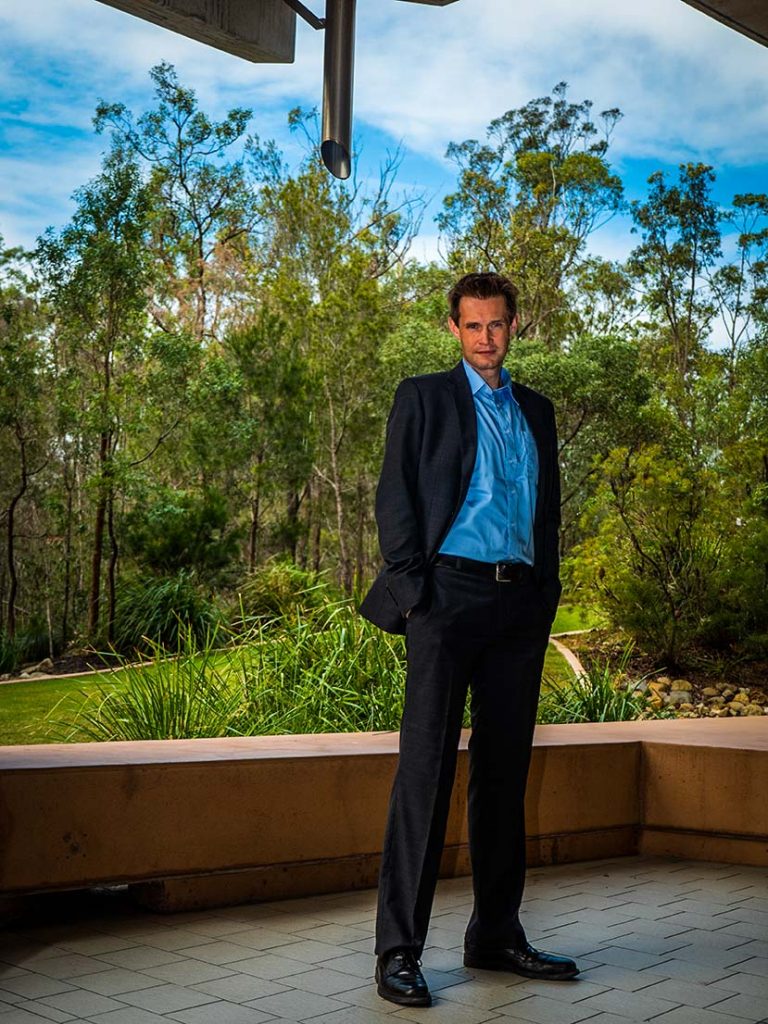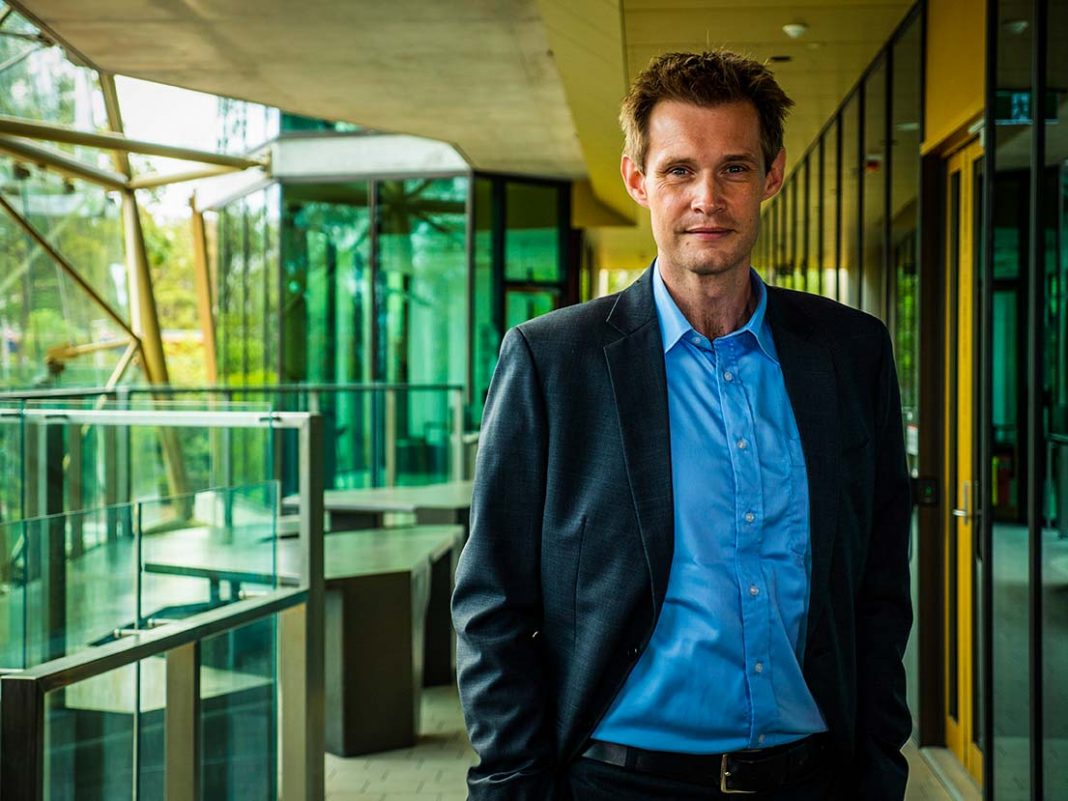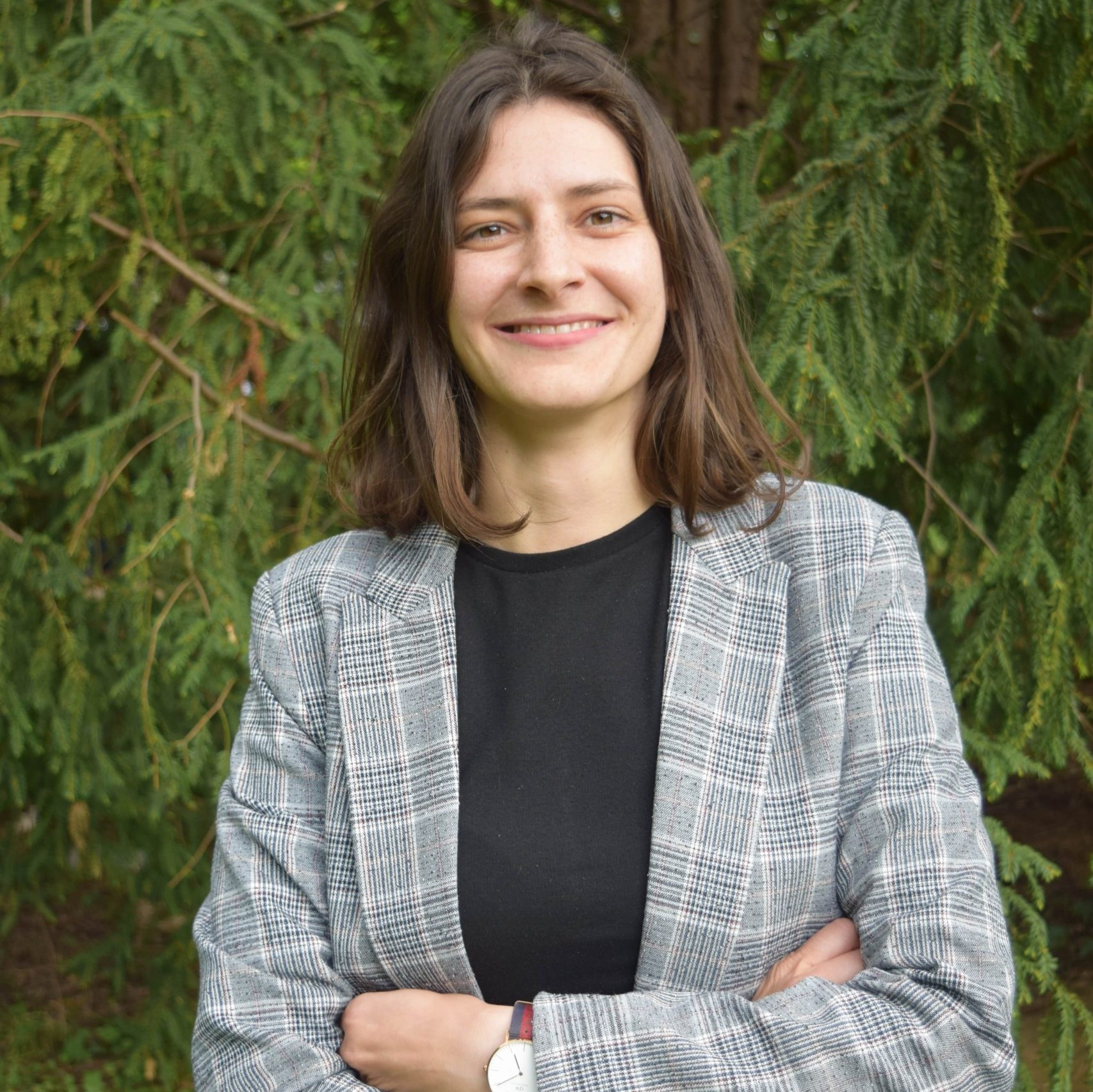From working in urban and environmental planning, producing shows about cities, to researching and teaching, Tony Matthews has positively impacted the field of urban climate adaptation in many ways. What follows are his reflections, achievements, lessons learnt, and advice for anyone willing to listen.
Tony Matthews is an award-winning Urban and Environmental Planner. With years of experience and much of his work focusing on cities’ climate change adaptation and greenery to improve sustainability and climate outcomes, he is no doubt an expert in his field. Much can be learnt from this CityChanger.
Why Urban & Environmental Planning
Having a general interest in cities – their architecture, layout, form, diversity, etc. –, combined with climate change curiosity, it’s not unusual Tony decided to blend those two and pursue a career in urban and environmental planning. “It was a field that started to import climate change into its thinking,” Tony says.
But it wasn’t until his pursuit of a master’s degree in Planning and Sustainable Development at the University College Cork in Ireland that Tony became interested in greenery as a form of climate change adaptation. During his time there, he met a professor from Australia working in this field and inspired by him, decided to write his thesis on how to add climate change adaptation into the urban planning toolkit. The thesis did much better than Tony could have predicted; part of it was published as a research paper titled Climate Change Adaptation in Urban Systems: Strategies for Planning Regimes, which ended up being used by local governments all over the world and translated into several different languages. To Tony, it was a revelation:
“I realised at that point I might be doing something that has some use and since, I’ve just tried to keep doing it.”
Despite the success, there were not many available working positions for planners in Europe due to the global financial crisis. So, Tony continued his path with PhD studies in Australia, working on projects on climate change adaptation for southeast Queensland.
After the completion of his PhD, Tony worked on different projects:
- Researching how climate change adaptation can happen at the neighbourhood scale and how to develop social policies to make sure that people who are not well-off are not disadvantaged by adaptation strategies,
- working on thermal inequality (the situation where people with less income usually live in areas that have fewer green spaces overall),
- researching social cohesion established through greenery,
- working on the question of greenery around schools to improve air quality,
- working on improving aged care facilities by adding greenery, etc.
In 2015, he even won the Editor’s Prize for Best Paper from the top-ranked journal Landscape and Urban Planning.
Among others, Tony’s ongoing project is building a testing facility to start answering some of the still unexplored questions, like which species selection is proper for green infrastructure in subtropical zones.
The Urban Squeeze
“If you can tell a good story about cities, people will want to listen.”
The Urban Squeeze is a weekly radio show about cities. It was developed and produced by Tony. “Each episode addresses a new topic related to the transformation of cities (e.g. energy, water, waste, transport, immigration) and discusses how these transformations impact urban residents.”
The show was a huge success, it won many awards, one of which was the Cutting Edge Research and Teaching Award in 2018; but more importantly, it was the acceptance and excitement from people that turned it into a special thing for Tony. To him, it was a confirmation that people were interested in stories about cities and were more than willing to listen to them.
It aired from 2016 to 2017, after which it was Tony’s idea to end it: “We’ve done everything we set out to do. And doing anymore was going to look forced and was not going to be as good,” explains Tony. It’s the matter of quality over quantity which further proves the heart and soul that went into its creation.
After the success of The Urban Squeeze came the idea for Urban Broadcast Collective. It’s an assembly of various podcast episodes relating to urban stories. The project was created by Tony and currently contains more than 130 episodes, accessible to anyone.
Lessons Learnt

Despite his success and gained recognition in the field, Tony remains humble. To him, everything is a learning experience. When asked about what he would change, he would establish a healthy balance between theory and practice:
“When you’re doing cutting edge research, it can be easy to forget that there’s a world of practice out there that you could engage with.”
Sometimes, Tony regrets that “there’s not more of a connection between industry and research, or the university and the world of practice.” It’s not intentional, it occurs organically; however, to Tony, more emphasis could be put on it.
Word of Advice
What does this mean for you, future CityChanger? Well, listen to the wise words of an experienced professional who has done almost everything: don’t lose sight of your interest.
“Lots of city shapers want to change the world. And I admire that, but if you’re going to change the world, you need to be a little bit careful about where you can have the most impact,” Tony advises. Decide on what you think you know best, focus on your area of expertise, and get really good at it.
“Figure out what your core area is, understand that there are areas that are beyond your reach, and trust that other people are going to fill those spaces.”
Finding your core area might seem overwhelming but remember, you don’t have to have everything figured out immediately. “It might take you a few years, and that’s okay,” Tony says, for whom, in fact, it wasn’t for years until he decided to switch his original career in teaching for urbanism. He went back to school in pursuit of his biggest passion – to say it worked out would be an understatement. It’s never too late, and yes, it can work out for you, too!
“If you really want to make a contribution, decide on where you’re best equipped to make that contribution, then focus on doing that.”


